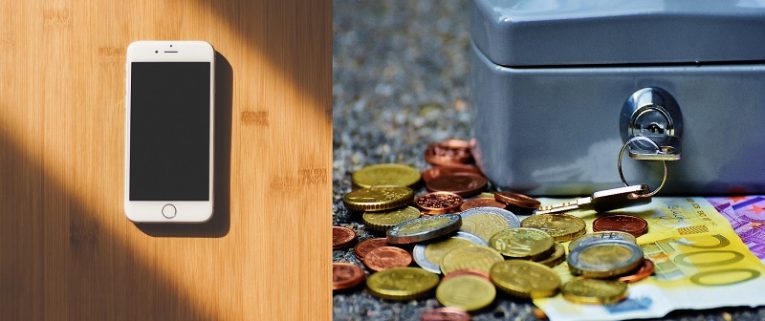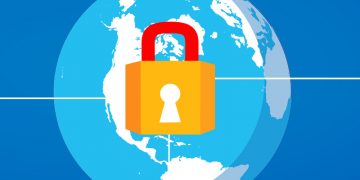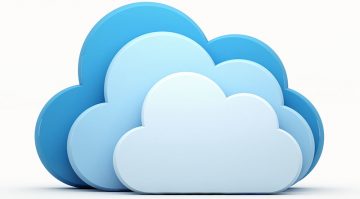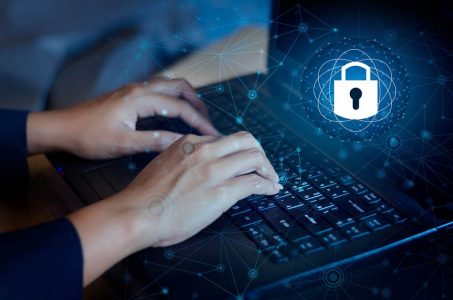Top Security Tips for Those Using Banking Apps

Online banking is just one of the many examples of how the Internet and IT, in general, has made the everyday lives of people easier and more comfortable. However, measures taken to improve convenience don't always translate well into making your life more secure. Case in point – banking apps may dramatically improve a user's shopping and banking experience, but time and time again, we are left with shocking demonstrations of how flaws in their code may be used by undesirables to compromise the end users' financial safety.
Naturally, it's the responsibility of the bank in question to make sure that the system it puts in place to protect its customers is impregnable to crooks. However, at the end of the day, it is the customer in question who will suffer the most if their accounts are compromised, which means that it is probably a good idea for them to be a bit more proactive in ensuring the security of their banking accounts. With this in mind...
Here's a handy guide with tips that increase your online banking safety:
- Tip: Create a strong password for your bank account. Even if given the option to just use "123456" or "incorrect" as your password, you should refrain from doing so at all costs. Even if the password in question will only ever be used to access the app of your bank on your personal portable smart device (tablet, phone etc.), and you're pretty sure that you'd rather not remember long and complicated passwords every time you wish to purchase something or send someone money, this can't be overstated enough: RESIST THE URGE TO USE SIMPLE PASSWORDS. Use complex passwords, ones featuring numbers, upper and lower case letters, as well as symbols, and make them as long as you can manage to remember.
- Tip: Don't use Public Wi-Fi. Don't do your online banking using a Wi-Fi network that's not secured. Never use public Wi-Fi for banking – use your mobile data when accessing your accounts, or save banking for when you are home. Unprotected networks can easily be exploited by hackers to steal online information if the user does not employ some sort of VPN or take some other suitable precaution.
- Tip: Don't Contaminate Your Banking Device. Information-stealing malware may be disguised as a useful app, that you may be tempted to download to your device, even though it is not on the main store for the platform on which said device operates. To avoid inadvertently letting hackers stick their grubby fingers into your bank account, you should only download official apps from legitimate sources on any device that you use for online banking. No side-loading of APKs, no questionable software, or even apps with a bad rating and suspicious comments – your device must be as clean as possible.
- Tip: Use Two Factor Authentication. Having to essentially contact the bank and request a code to input every time you need to make a transaction is a detriment to your smooth user experience, that's for sure. But you know what's even worse for your user experience? Having some cyber-criminals burglarize your bank account because they were able to guess or brute-force your password. This is why it is recommended that you always use two-factor authentication when such an option is available. Whether it is in the form of a code that is sent to an alternative email you gave with your contact information, or an authentication code that was generated by a specialized device that your bank provided, this extra security measure might just be the thing that spares you a whole lot of grief if cybercrooks ever try to hack your accounts.
- Tip: Use Anti-malware Software. This goes without saying, but even if you are careful with your browsing and installations, malware may be lurking in unexpected places. The only way to combat it is by taking care to browse responsibly and employ adequate anti-malware solutions. There are plenty of them available online – just make sure you use good ones, as there have been cases of actual malware being peddled as anti-malware apps.
- Tip: Update Your System Regularly. Don't skip upgrades on your system and apps. While apps updating all the time be annoying, in some cases frequent updates are necessary to maintain the user's security.
- Tip. Keep an Eye out for Phishing. Carefully review any important e-mails, always make sure that the correspondence in question is sourced correctly. Cyber-criminals often attempt to trick users into giving up valuable information that can later be used to the user's detriment. Always make sure that your banking correspondence comes from the bank in question. Read e-mails and their sources carefully, and watch out for any signs of suspicious behavior.
- Tip. Keep a Close Eye on Your Transactions. Nowadays, most banks provide the service of notifying the user when there's any activity related to their banking – via e-mail, SMS, etc. Enable this function, if available, and then proceed to carefully monitor such activity to make sure everything is in order at all times. If you encounter any sign of suspicious activity – contact your bank immediately, so that decisive measures can be taken to resolve any issue that may exist.








